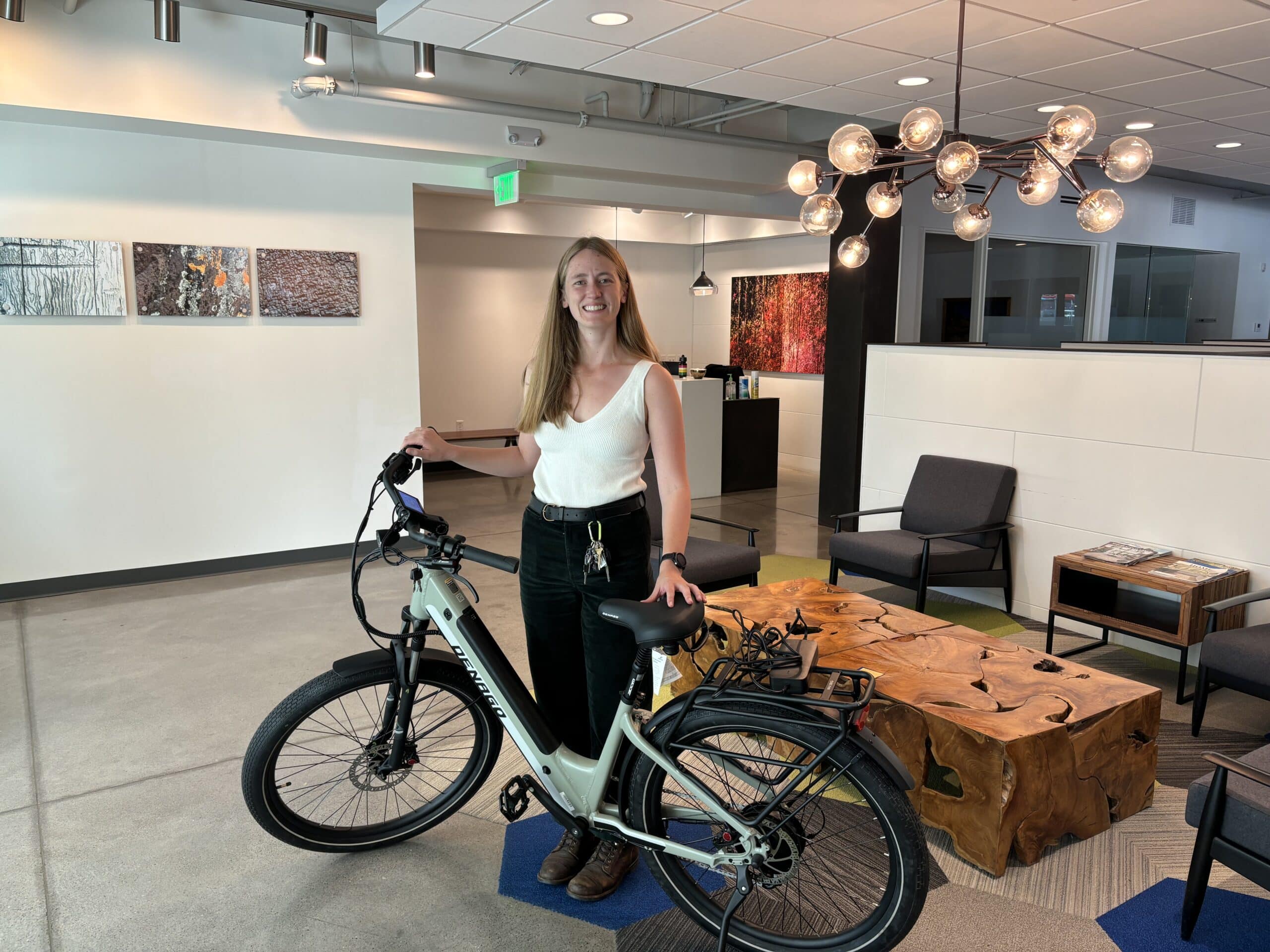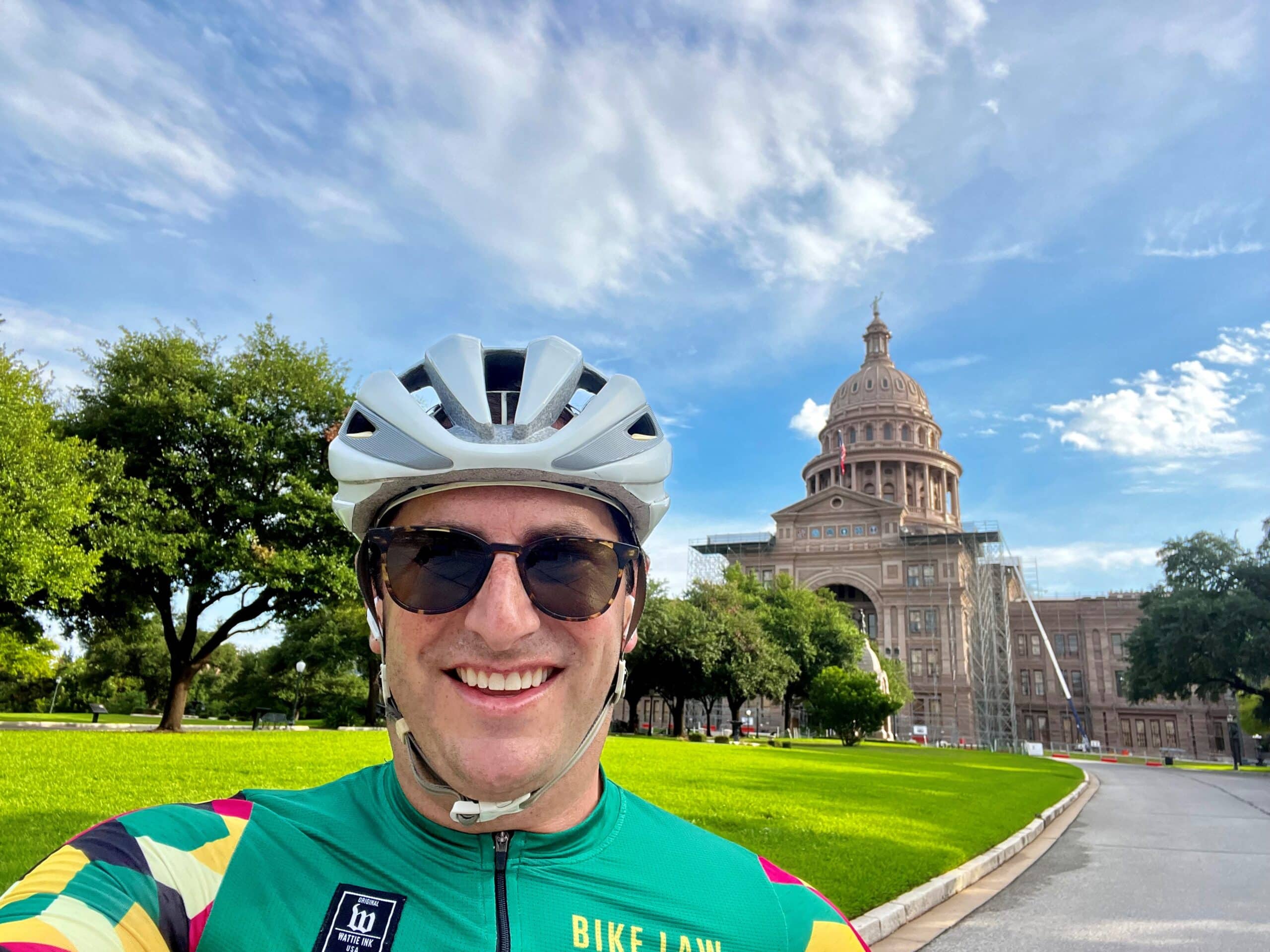You’ve just received an e-mail from your local bicycling club: a new bill working its way through the State House could be bad news for bicyclists. Your cycling club has prepared a form letter and is urging you to fire it off to the lawmaker in your district.
But are those form letters effective?
Yes and no, according to panelists at an Oct. 16 N.C. Bike Summit seminar, “Bikes, Policy and Politics: How to be an Effective Advocate for Bicycling (or any other issue) at the State Level.”
The panelists at the Charlotte event included: moderator Harry Johnson Jr., a Raleigh lawyer and bike advocate; N.C. House Rep. Chuck McGrady; and Will Morgan, the Governmental Affairs Director for N.C. Nature Conservancy.
Lawmakers often get bombarded by those kinds of form e-mails. The good news is that those letters put the issue on the radar of lawmakers and let them know some of their constituents are sharply opposed to it. The more form letters legislators or city councilors get, the more votes they risk losing if they vote for the proposal.
But those letters are not effective in communicating your individual viewpoint, says McGrady, and you shouldn’t expect a personalized response to your form e-mail, he says. Lawmakers are likely to delete it after they’ve read the initial batch of identical e-mails. If it only takes you three seconds to forward the e-mail, don’t expect lawmakers to spend much more time than that in dealing with it, he says.
If you want to make an individual impact – and get a response – be sure to personalize your note, McGrady says. He says he personally responds to all notes where it’s clear the sender put time and effort into the correspondence.
Effective E-Mail Campaign
A flood of e-mails from North Carolina bicyclists played a part in scuttling a bill opposed by bicyclists. The proposed legislation would have sharply limited the use of “road diets” as a tool to accommodate bicyclists and pedestrians. Road diets are a technique used by transportation planning officials to reduce the number of travel lanes or the effective width of a road to make room for facilities such as bike lanes.
The Senate version of House Bill 44 inserted a road diet provision that biking advocacy groups said was “overly prescriptive and may in effect reduce a community’s ability to optimize safety and congestion relief in a comprehensive manner.”
During a meeting to resolve the competing bills, House members insisted that the road diet provision be stripped from the final version. The House members prevailed – at least for now, says McGrady, who cautions that the road diet provision could resurface next year.
Other Pointers for Reaching Out to Lawmakers
What else can cyclists do to get their message across to lawmakers, city council members and other decision makers? Panelists at the Bike Summit offered these strategies:
- Develop relationships with lawmakers in your district before the legislative session gets under way. Introduce yourself in person or by e-mail. Let him or her know what issues, such as bicycling or mass transit, are important to you.
- Let the lawmaker or council member know you are in their district, and that they represent you.
- When commenting on legislation or proposed rules, be sure to include the number of the specific bill or regulation at issue, says McGrady.
- After the bill that interests you is introduced, be sure to keep track of it throughout the legislative process. The bill may languish for months, only to surface from a committee toward the end of the legislative session. Learn how to look up the bill’s status, and sign up for updates, or ask the advocacy group that alerted you about the bill to keep you up to date. Simply put, don’t ignore the bill after its introduction.
- Do not assume your issue is specific to one party. When you “reach across the aisle,” you may be surprised to learn that an influential lawmaker is an avid cyclist who supports bike lanes and complete street funding.
- Sometimes influence can be applied through indirect channels, says Morgan. He recommends identifying two or three people who have the council member or lawmaker’s ear. Talk to those people about your position with the goal of having it passed along favorably, he said.







